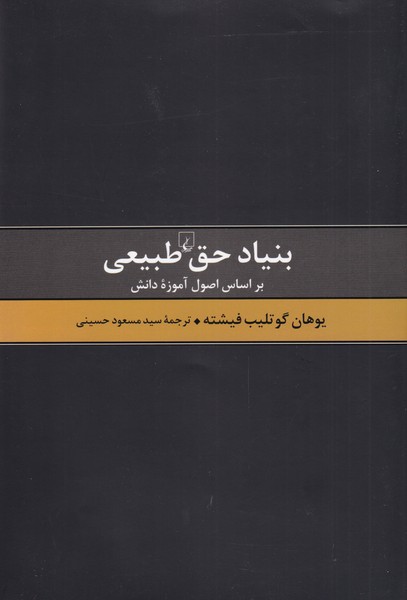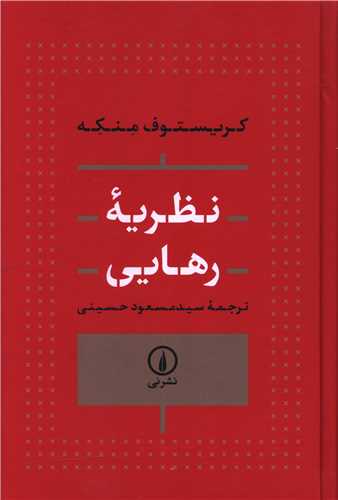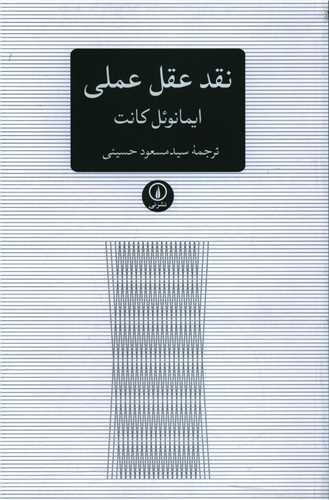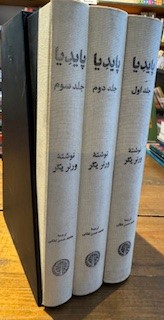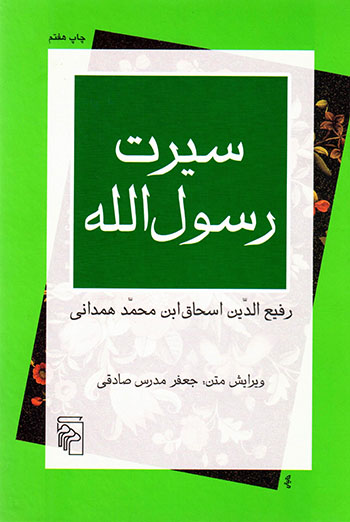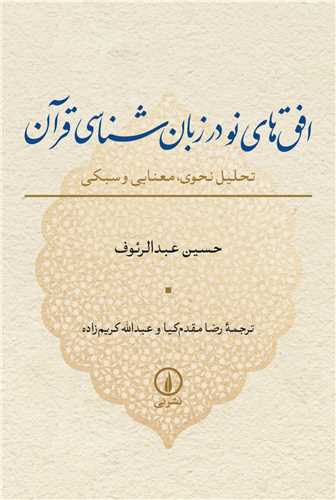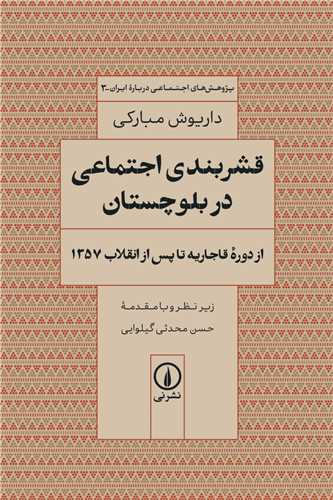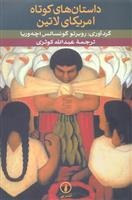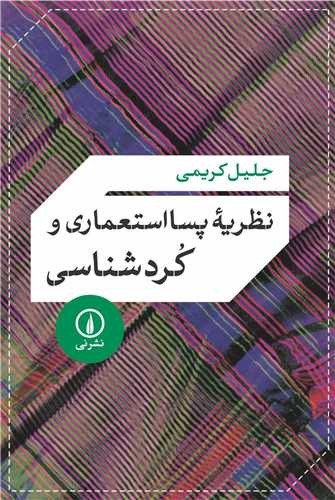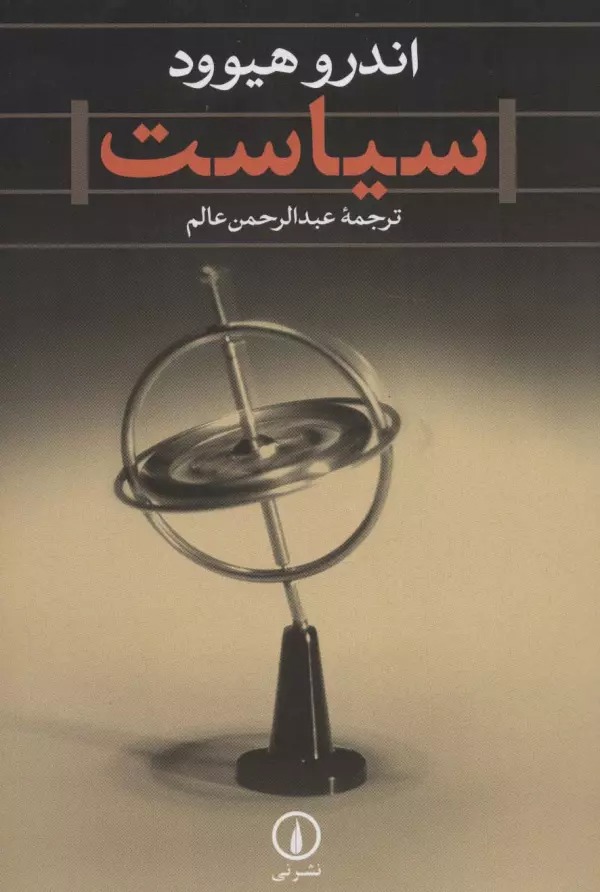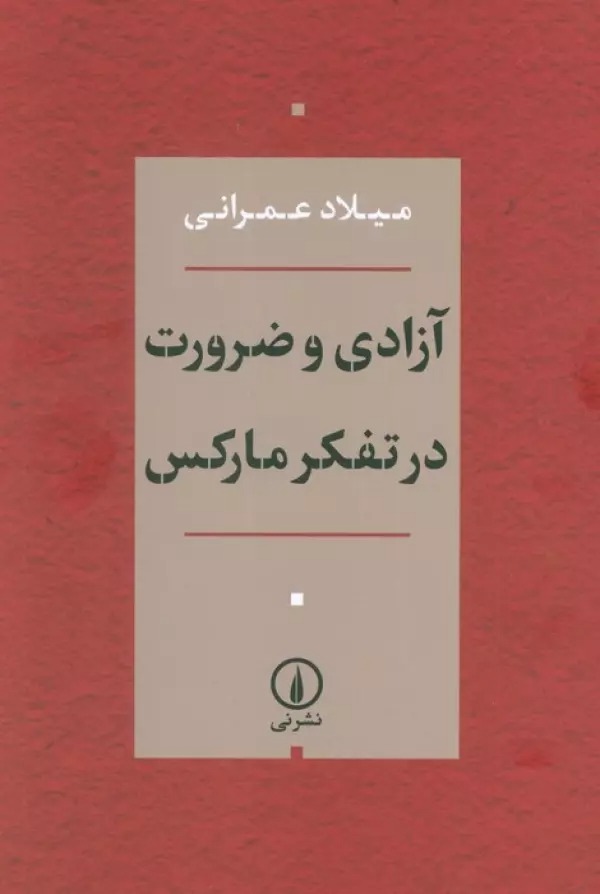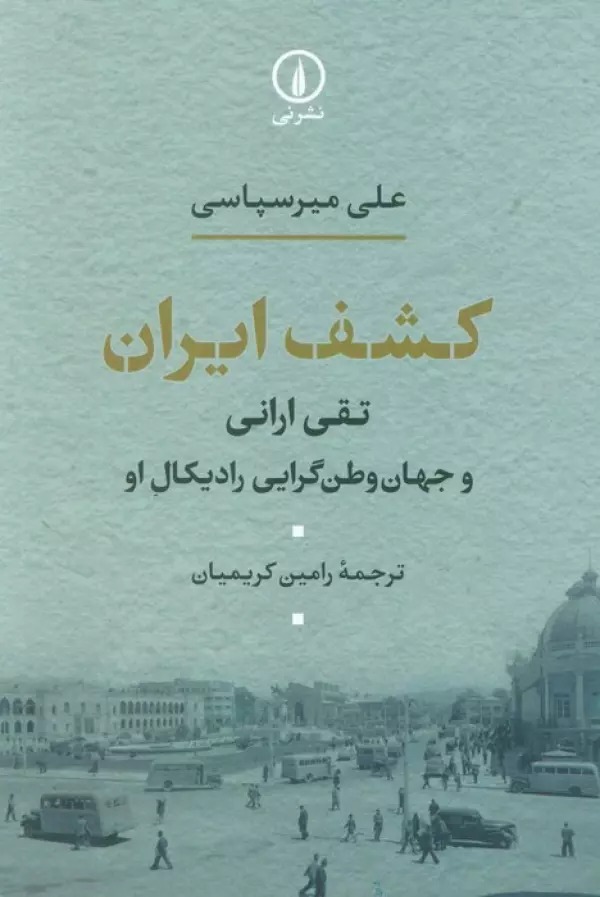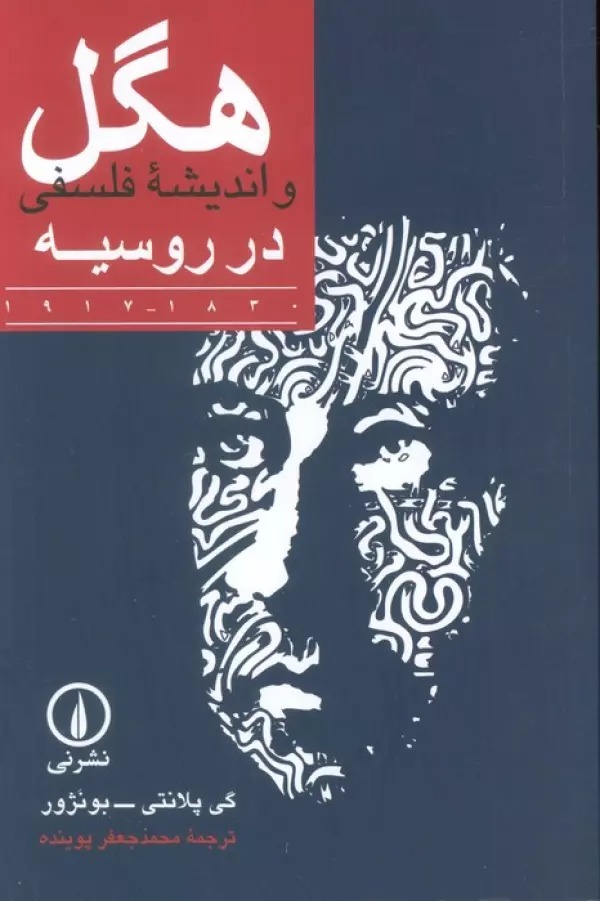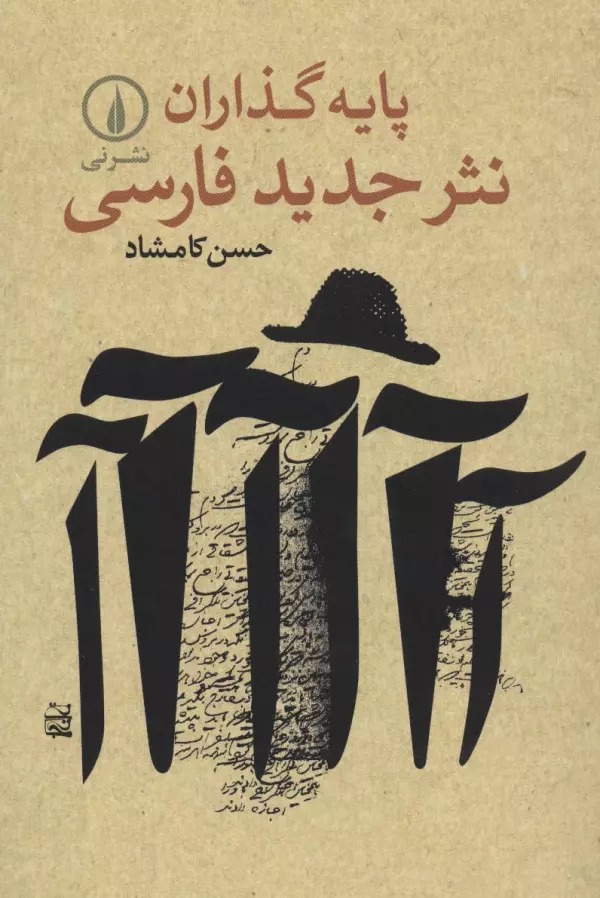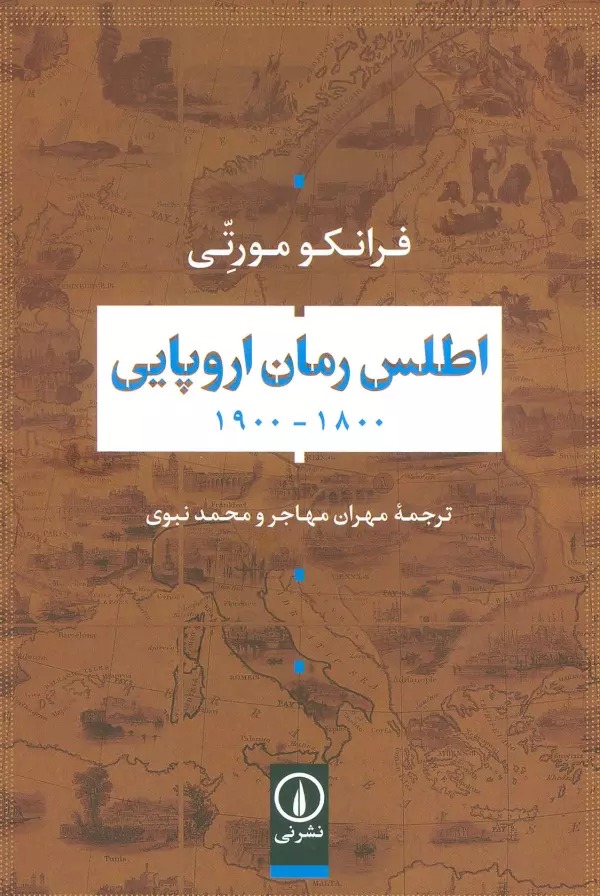Niẓām-i Īdi'ālīsm-i Isti'lāyī: Persiska (Farsi) 1402
نظام ایدئالیسم استعلایی
12,96 £
Dela
Wishlist
Originaltitel:
System des transzendentalen Idealismus
ISBN:
9786220602835
Översättare:
Sayid Mas'ūd Ḥussaīnī
Förlag:
Nashr-i niy
Åldersgrupp:
Vuxen
Sidor:
384
Vikt:
430 g
Produktmått:
14 x 21 x 3
,
5 cm
Bokomslag:
Pocketbok
Friedrich Wilhelm Joseph Schelling, later von Schelling, was a German philosopher. Standard histories of philosophy make him the midpoint in the development of German Idealism, situating him between Fichte, his mentor prior to 1800, and Hegel, his former university roommate and erstwhile friend. Interpreting Schelling's philosophy is often difficult because of its ever-changing nature. Some scholars characterize him as a protean thinker who, although brilliant, jumped from one subject to another and lacked the synthesizing power needed to arrive at a complete philosophical system. Others challenge the notion that Schelling's thought is marked by profound breaks, instead arguing that his philosophy always focused on a few common themes, especially human freedom, the absolute, and the relationship between spirit and nature.
Schelling's thought has often been neglected, especially in the English-speaking world. This stems not only from the ascendancy of Hegel, whose mature works portray Schelling as a mere footnote in the development of Idealism, but also from his Naturphilosophie, which positivist scientists have often ridiculed for its "silly" analogizing and lack of empirical orientation. In recent years, Schelling scholars have forcefully attacked both of these sources of neglect.
more
نظام ایدئالیسم استعلایی اثر فریدریش ویلهلم یوزف شلینگ جایگاهی ویژه و بیبدیل در ایدئالیسم آلمانی پساکانتی دارد. این اثر به همراه بنیاد کل آموزهی علم فیشته و پدیدارشناسی روح هگل سه اثر دورانساز این جریان فلسفی را تشکیل میدهند. نظام ایدئالیسم استعلایی در واقع مظهر اوج اندیشههای فلسفی شلینگ در دورهی نخست فعالیت او (1794-1800) و حاصل تأملات وی دربارهی فلسفههای اسپینوزا، لایبنیتس، کانت و فیشته است.
شلینگ در نظام ایدئالیسم استعلایی بر آن شد که به رؤیای پساکانتیِ «نظامِ فلسفه» جامهی واقعیت بپوشاند. وی در این اثر کوشید آنچه را نزد کانت و فیشته پراکنده و متفرق بود، در یک اثرِ واحد وحدت ببخشد. از این رو، نظام ایدئالیسم استعلایی شامل دو بخش اولیه است (بخشهای نخست و دوم) که در حکمِ «فلسفهی اولی» هستند و در آنها «اصلِ» فلسفه استنتاج میشود. بخش سوم «فلسفهی نظری» را تشکیل میدهد که شلینگ در آن تحقیقاتِ خویش دربارهی «فلسفهی طبیعت» را دوشادوش تاریخِ آگاهی شرح میدهد. بخش چهارم «فلسفهی عملی» به معنای موسع را تشکیل میدهد که شلینگ در آن مفاهیم «اراده»، «خودتعینبخشی»، «دیگری»، «قانون اخلاق»، «تاریخ» و «دین» را پیش میکشد. بخش پنجم معطوف به «غایتشناسی» است. و نهایتاً در بخش ششم «فلسفهی هنر» بهمنزلهی ارغنون فلسفه و مقامی برتر از فلسفه مطرح میشود.
more



